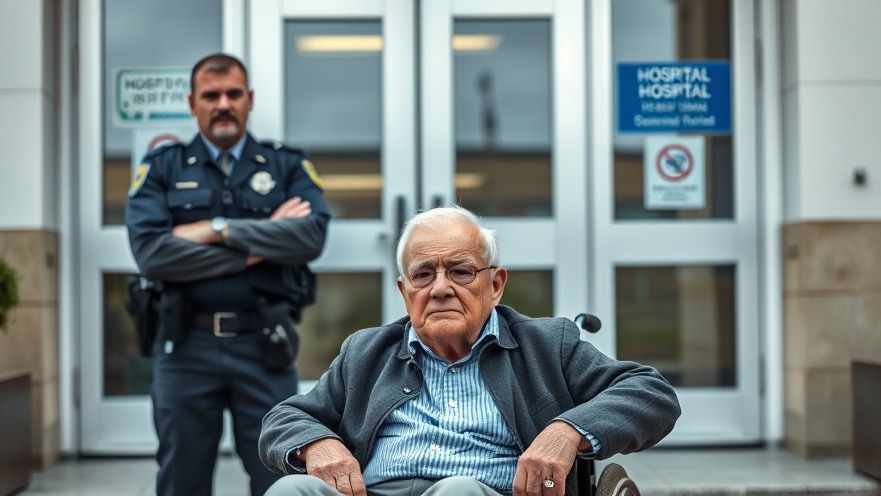
Understanding the Medi-Cal Housing-Related Services
Medi-Cal, California's Medicaid program, offers crucial support for low-income older adults facing homelessness. As the fastest-growing age group experiencing homelessness, individuals aged 50 and older are in urgent need of housing stability. With the acknowledgement that housing is a critical social determinant of health, Medi-Cal Managed Care Plans (MCPs) have begun to provide a range of Housing-Related Services under the California Advancing and Innovating Medi-Cal (CalAIM) initiative.
The Importance of Community Supports
Recent trends show that older adults who face homelessness experience severe health declines. These declines can lead to rapid deterioration in health, with experiences akin to those of individuals twenty years older. Community Supports available through Medi-Cal are designed to address the specific needs of this vulnerable population, offering non-medical services that can significantly improve health outcomes.
Seven Essential Community Supports for Older Adults
Medi-Cal’s structured approach includes seven pre-approved Community Supports that focus on both preventing homelessness and providing immediate help for those already without shelter:
Housing Transition and Navigation Services: Assisting with finding, applying for, and securing housing.
Housing Deposits: Facilitating security deposits, utility set-up fees, and initial utility coverage.
Housing Tenancy and Sustaining Services (HTSS): Providing support to maintain stable living situations through landlord communication and lease compliance assistance.
Day Habilitation Programs: Enhancing everyday skills, socialization, and adaptation in personal care and public settings.
Recuperative Care (Medical Respite): Offering short-term residential stays for recovery after illness or injury.
The Human Connection: Inspirational Stories
Take the example of Margaret, a 72-year-old grandmother who, after losing her job, faced imminent eviction. With the help of Housing Navigation Services, she not only secured an apartment but also received assistance managing her landlord relationships. These types of stories exemplify the transformational impact Medi-Cal services can provide and serve as a reminder of the importance of community support systems.
Future Directions and the Community's Role
As we look ahead, the role of grassroots organizations in connecting older adults to these critical services is vital. By collaborating with Medi-Cal, local agencies can deepen their outreach and ensure that older residents know their options for support. Encouraging advocacy and awareness can lead to even greater enhancements in service delivery and community involvement, forging stronger community ties.
Taking Action: What You Can Do
For those working with older adults, understanding these Medi-Cal services not only empowers you to assist those in need but fosters a community of caring and support. Each community member can play a part by educating themselves about available resources and advocating for systemic improvements.
If you’re involved with seniors, consider referring them to available Medi-Cal supports, or join local advocacy efforts to expand services further. Your involvement can lead to significant local change.
In a world filled with challenges, it’s the human connection and community engagement that helps bridge the gaps and aids those facing homelessness.
 Add Row
Add Row  Add
Add 




Write A Comment